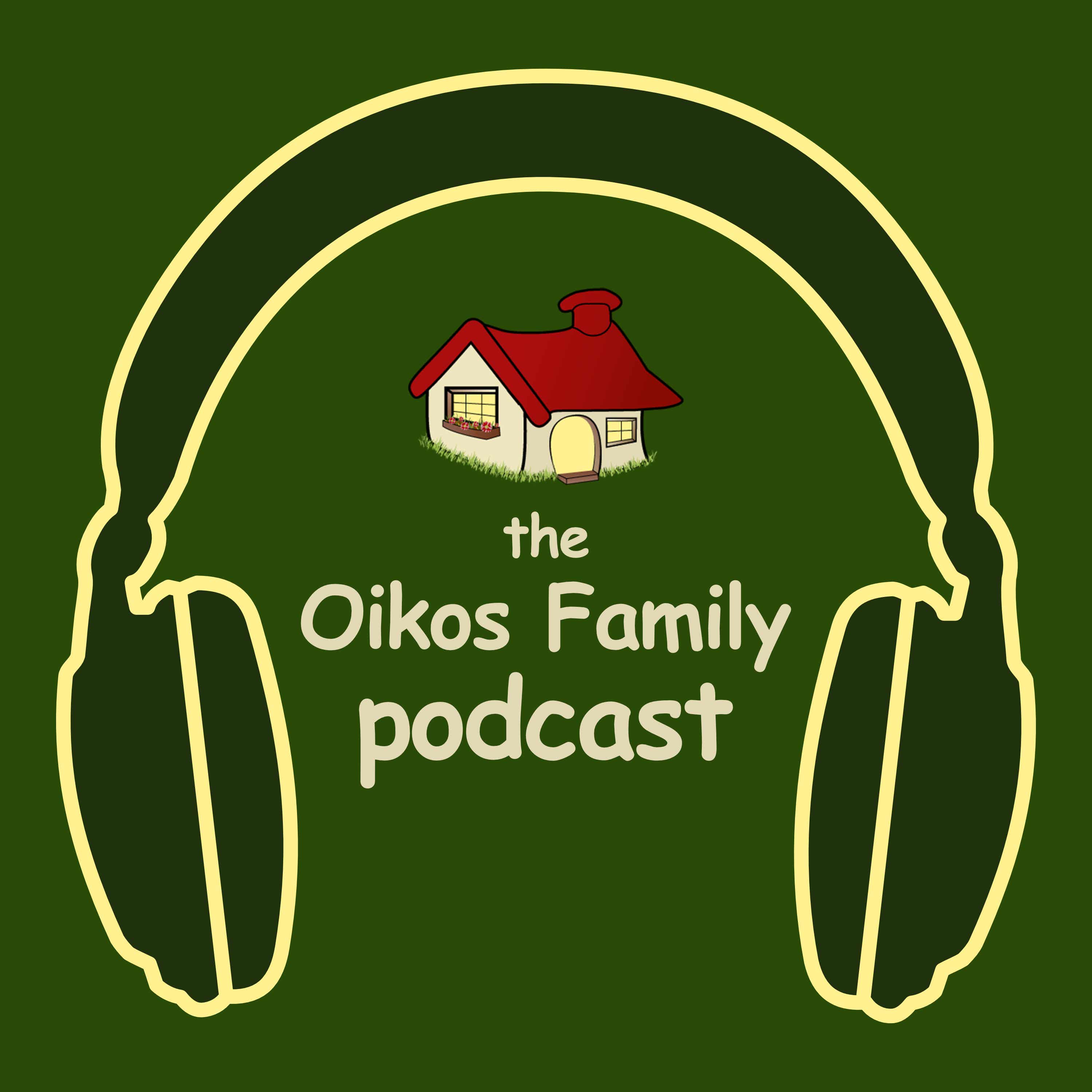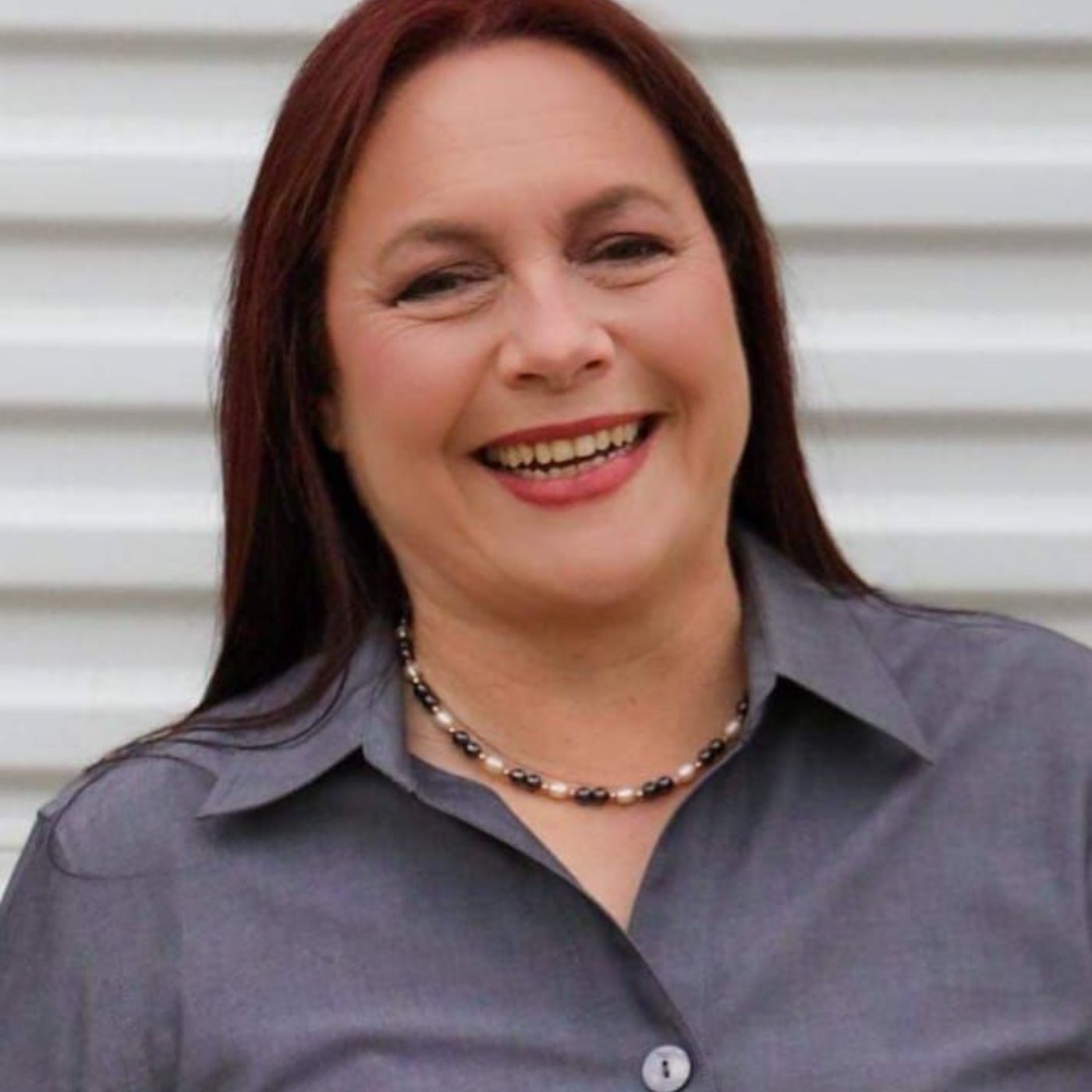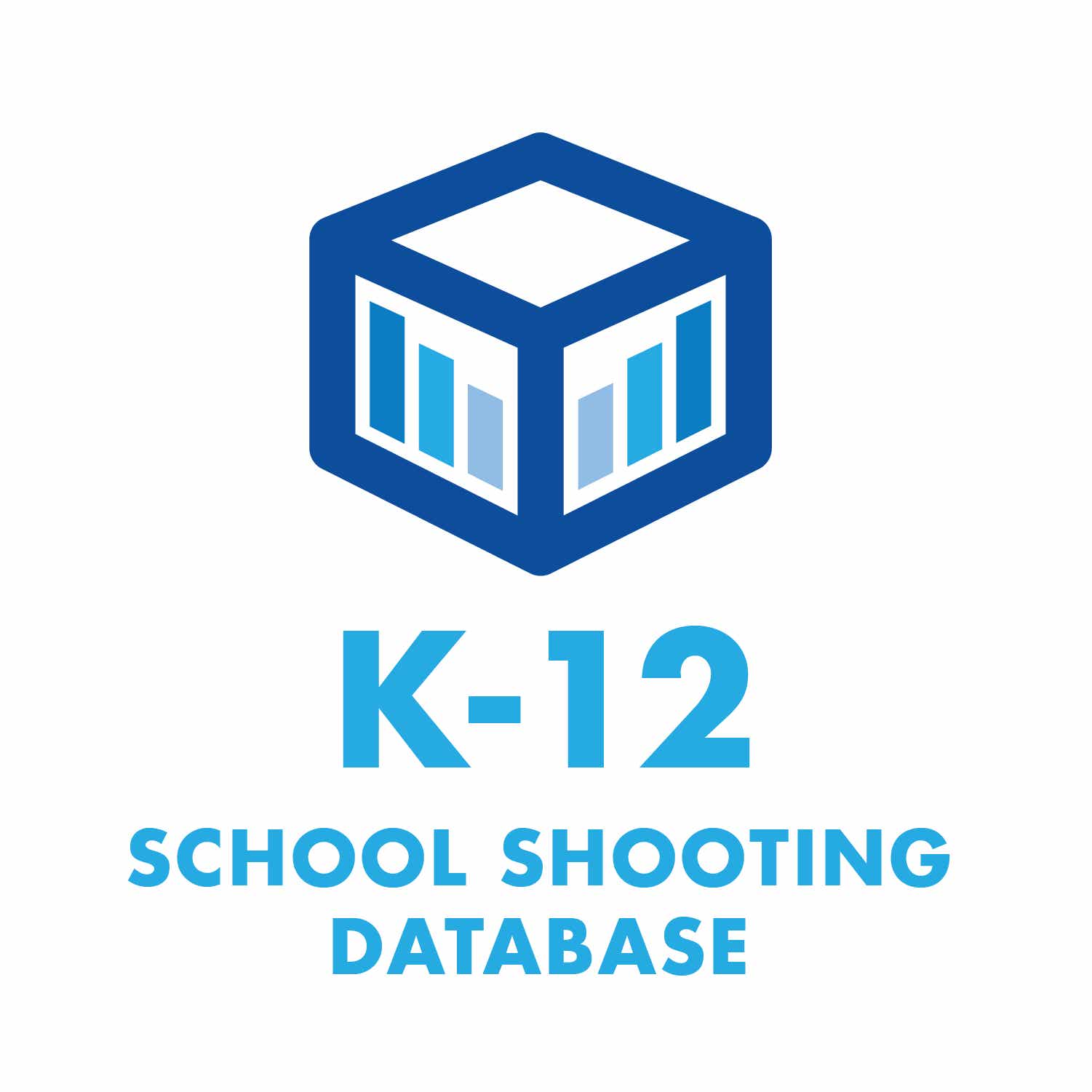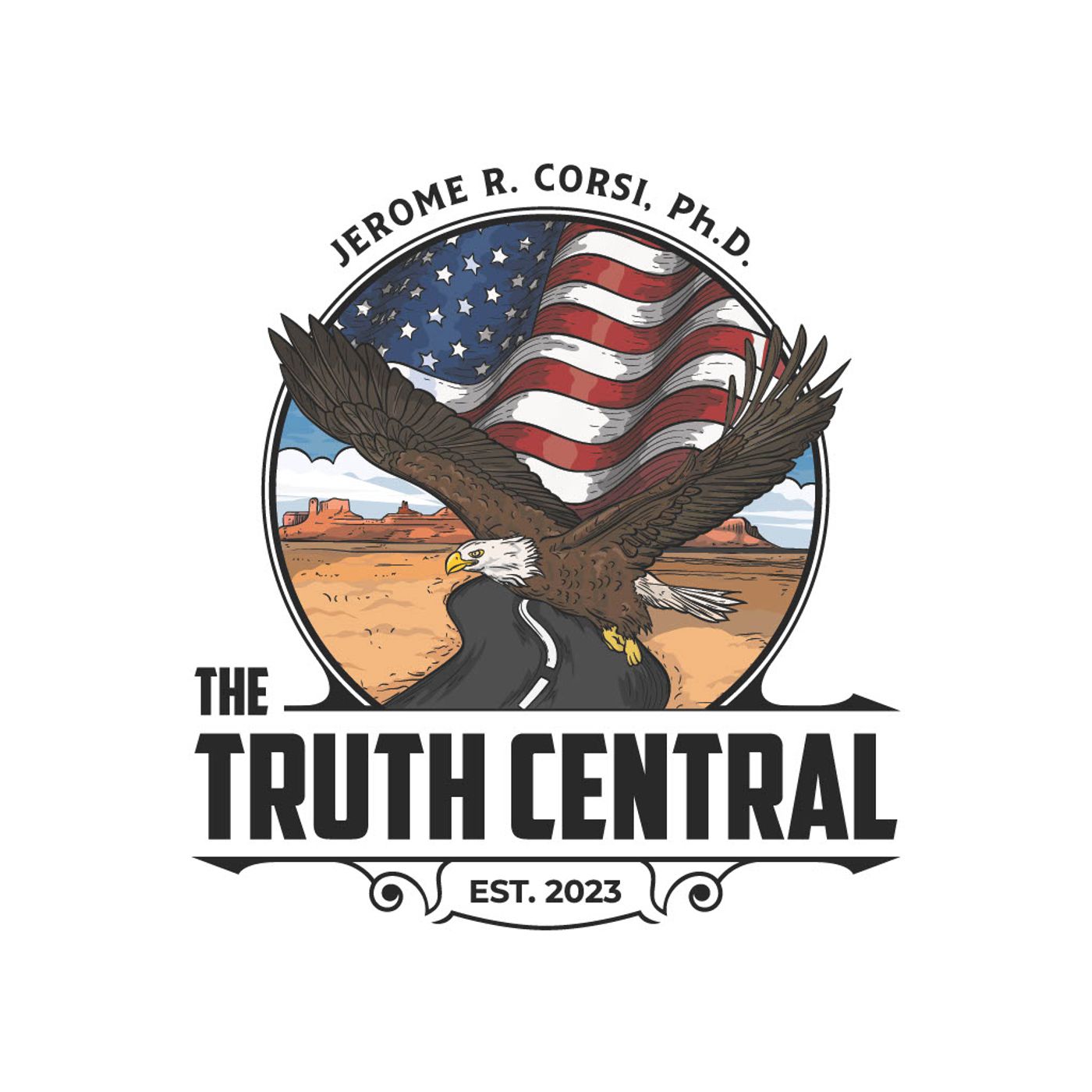Relentless Health Value™: INBW41: End-of-Year Wrap-Up and My Personal Charter Encore: Where the Rubber Hits the Road
Description
Okay, so, we’re gonna go with personal charter. Just, yeah, given everything going on right now, yeah. It is a charter, not a manifesto.
Because of the end-of-the-year status of this episode, I just want to kick this off by giving a big thank you to everyone listening. But this isn’t a thank you for listening. We covered that in the Thanksgiving show. This is a thank you for doing what you do. Doing what you do for patients, for members, for anyone financially on the hook for any of what’s going on.
For a full transcript of this episode, click here.
If you enjoy this podcast, be sure to subscribe to the free weekly newsletter to be a member of the Relentless Tribe.
And I can say that full-throatedly because I know you. I know the tribe who listens to this pod. This show is not a show for casual bystanders. The Relentless Health Value Tribe is interested in topics that are not anybody’s whimsical hobby, and none of it is comedy gold. Hilarity rarely ensues.
So, I can, with great confidence, thank everyone for listening, for doing what you do on behalf of patients, and for having a personal charter of your own, even if that charter at this point is simply to be well informed enough by listening to this and or other pods or reading enough to make good decisions day by day on behalf of patients or members because you see the forest for the trees.
So, here’s a round of applause for you, a heartfelt thank you—and I mean that.
It’s hard as a bag of rocks right now to do work that is aligned with personal values or aligned with the personal charter we set for ourselves. It’s hard. It’s hard to feel responsible and accountability when patients or members are not helped or maybe even harmed.
So, from the bottom of my heart, please have my gratitude for all you can manage to accomplish, even if it’s not as much as you may have hoped to have accomplished. You’re doing the best you can. We all are. Goals need to be realistic.
Tim Denman wrote something relevant to this whole conversation the other day, and it’s a gem. He wrote, “Being a fiduciary is somewhat like being a parent. The good ones are constantly worried about actually doing the job well. The bad ones never even stop to ponder the question.”
Interchange any other healthcare job title with the word fiduciary, same rules apply. They apply to us individually, and I’m gonna state the obvious here, but it probably has to be said.
If too many individuals at a company put profits over patients, then the company writ large … not gonna do in the halls what’s written on the walls or is said during the heartfelt speeches.
Now, I’m not saying this right now to be a downer. I’m saying this with the intention of throwing my support to any of you listening right now who are trying to act and be part of things that are in accordance with your own values and finding misalignment with your workplace that you have to navigate day in and day out.
Now look, if you happen to work at a place like this, I’m gonna be your biggest cheerleader to keep going because it’s gonna be people like you who have a lot of ability to influence the lives of so many by changing a gigantic vector by, like, even 0.05%.
But this is a really real place of sometimes real despair. And I have heard from so many of you who feel like you’re pushing a rock up a hill because … look, any for-profit company at its corporate level has a fiduciary obligation to maximize profits for shareholders. The end.
At the corporate level, that corporation has no mandate or feelings or duty to serve patients. They have no mandate to live up to a press release, but they do have a very, very well-documented fiduciary personal obligation to serve shareholders.
I mean, also, there’s funny stuff going on at plenty of nonprofits as well. It’s crazy how many boards of directors mostly have finance degrees. Listen to the show with Dr. Suhas Gondi, MD, MBA (EP404). So, yeah, I guess it’s not all that surprising, some of the stuff that’s happening today.
I say all this to say, for anybody who works somewhere where the organization is a riptide yanking you into places you don’t want to go, call me your biggest cheerleader to resist and steer within your sphere of influence in directions that you believe are right.
This is me musing right now, but there’s a reason why I’ve heard more and more that small, independent, and locally owned is a bulwark that protects the interests of patients, members, plan sponsors, and communities. So, maybe an extra thank you to all of you who wade into those waters—because they are also shark infested—trying to figure out how to stay afloat and not get eaten.
So yeah, the good ones are constantly worried about actually doing the job well. The bad ones never even stop to ponder the question. Thanks for being a good one. It’s so much easier to just earmuffs and believe the press releases and drink the Kool-Aid. And there are so many who are happy to do so.
This, for sure, is not the podcast for them. None of them are here right now. But you are. Thanks for even considering having a personal charter to begin with or listening to mine, even though, yeah, the ones who really need a charter are the exact ones who don’t realize they need one. The irony is palpable.
Okay, with that, here is your encore. Just everywhere you hear me say manifesto in your mind, insert personal charter.
This is a low-budget operation, folks. And I’m up to my eyeballs trying to make a living at my day job so I can continue to put this show out next year. And with that, here is your encore. And once again, thanks so much for being here and for doing all that you do.
This whole endeavor to create a manifesto is borne out of me struggling personally to figure out what “having personal integrity” in this business actually means when it comes to deciding what to do and what not to do, when it comes to deciding who or what to try to help or support or who or what to step away from either passively or actively. I mean, how this podcast gets funded is my business partner and I pay for it with money from our consulting business and from some tech products that we have on offer. Who do we choose to take on as clients, and what are we willing to do for them or help them with? These are questions that literally keep me up at night.
And this is what this episode, Part 2, is all about. It’s about my struggle and how I attempt to navigate my own path forward.
And holy shnikeys, it’s tough to find a path, especially when you have the sort of perspective that I’ve wound up with over these past however many years. It can feel like no matter what I do, there’s negatives as it relates to the Quadruple Aim. You raise one of the quadrants, and something else for somebody else certainly has the potential to be negatively impacted.
We cannot forget here in the short term, but, for sure, often in the longer term as well, it’s a zero-sum game. Every dollar someone takes in profit under the banner of improving health or even saving money is a dollar that someone else paid for. Is the amount of profit fair? Where’d that money come from? Is there COI (conflict of interest), and if so, what’s the impact? I think hard about things like this.
An inescapable fact is that there has been a financialization of the healthcare industry, and that includes everybody who also gets sucked into the healthcare industry whether they want to be or not (ie, patients/











![pannavi 3Speak Podcast: Primera Quimio de Pegui ~ [Eng - Spa] pannavi 3Speak Podcast: Primera Quimio de Pegui ~ [Eng - Spa]](https://s3.castbox.fm/89/a7/ea/03bf0b5bb222e6ac79860c74d8960cc33c_scaled_v1_400.jpg)













